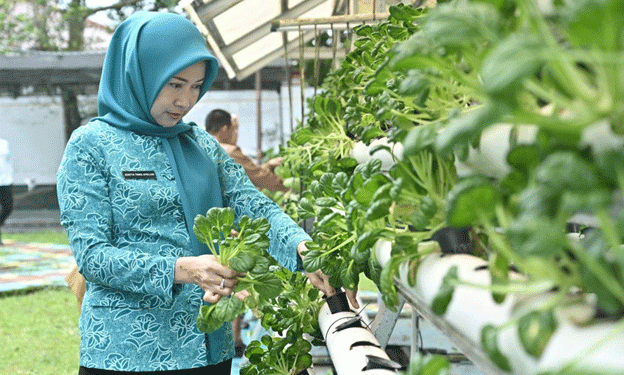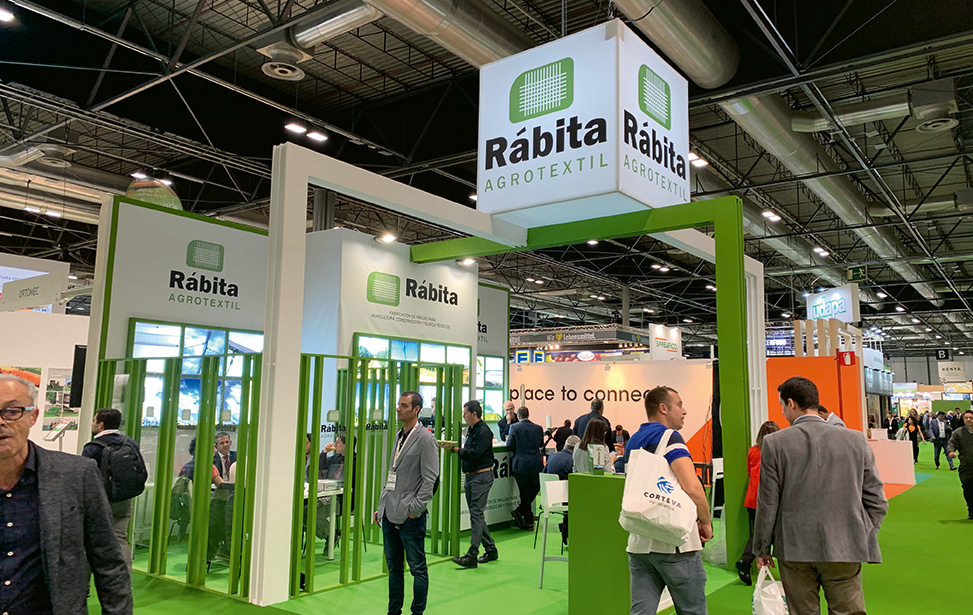In Pangkalan Balai, the Acting Chairperson of the Family Welfare Empowerment Team (TP PKK) of Banyuasin Regency, Adhitya Trinia Aprliani, led the inaugural harvest of hydroponically grown pakcoy and lettuce at the PKK Garden on Monday, February 3rd. This initiative, supported by the Food Security Service, aims to enhance food security and serve as a model for PKK cadres and the broader community.
Hydroponic Cultivation: A Sustainable Approach
Hydroponic farming offers numerous advantages, particularly in areas with limited arable land. By growing plants in nutrient-rich solutions without soil, this method ensures efficient water usage and faster plant growth. Studies have shown that hydroponic systems can lead to higher yields and reduced susceptibility to pests and diseases, making them a viable option for urban and peri-urban agriculture.
Economic Benefits of Hydroponic Farming
Beyond enhancing food security, hydroponic cultivation presents significant economic opportunities. Research indicates that hydroponic vegetable farming can yield substantial profits. For instance, a study in Samarinda City reported an average net income of IDR 2,921,151 per farmer per planting season, with lettuce cultivation generating the highest revenue.
Moreover, the financial viability of hydroponic urban farming has been demonstrated in various regions. In Semarang City, businesses employing the Nutrient Film Technique (NFT) system reported an average Return on Investment (ROI) of 17.62% and a Payback Period of approximately 1 year and 3.5 months, underscoring the profitability of such ventures.
Empowering Communities Through Hydroponics
The PKK Garden initiative not only provides fresh produce but also empowers local communities by imparting valuable agricultural skills. By adopting hydroponic techniques, individuals can cultivate high-quality vegetables year-round, contributing to household food supplies and generating additional income. This approach aligns with broader efforts to promote sustainable urban agriculture and enhance community resilience.
The successful implementation of hydroponic vegetable cultivation by the TP PKK in Banyuasin Regency exemplifies how modern agricultural practices can bolster food security and economic well-being. By serving as a model for other communities, such initiatives demonstrate the potential of hydroponics to transform underutilized spaces into productive gardens, fostering self-sufficiency and sustainable development.












